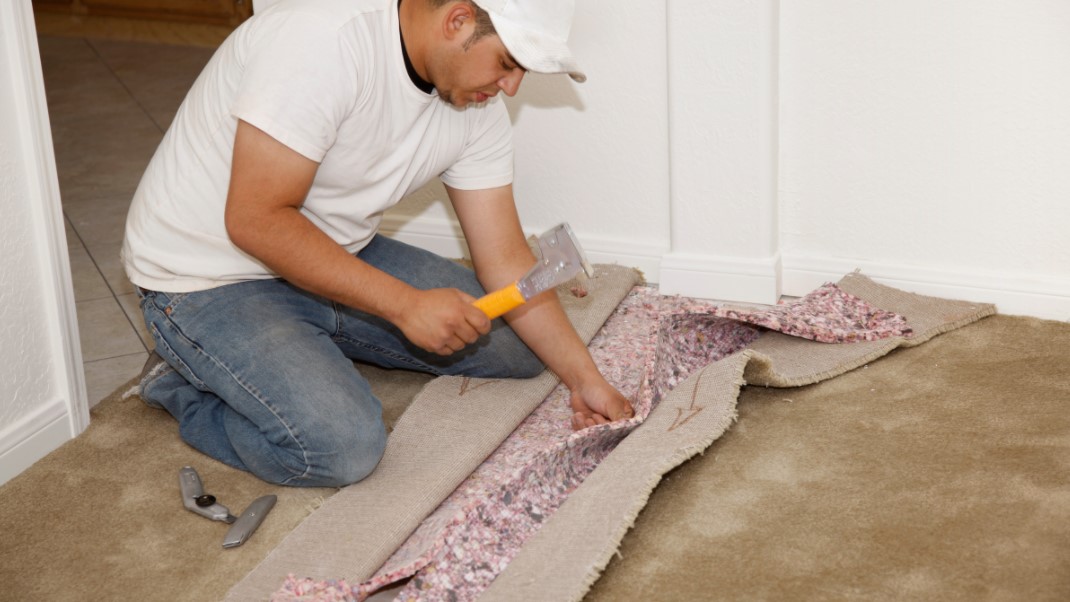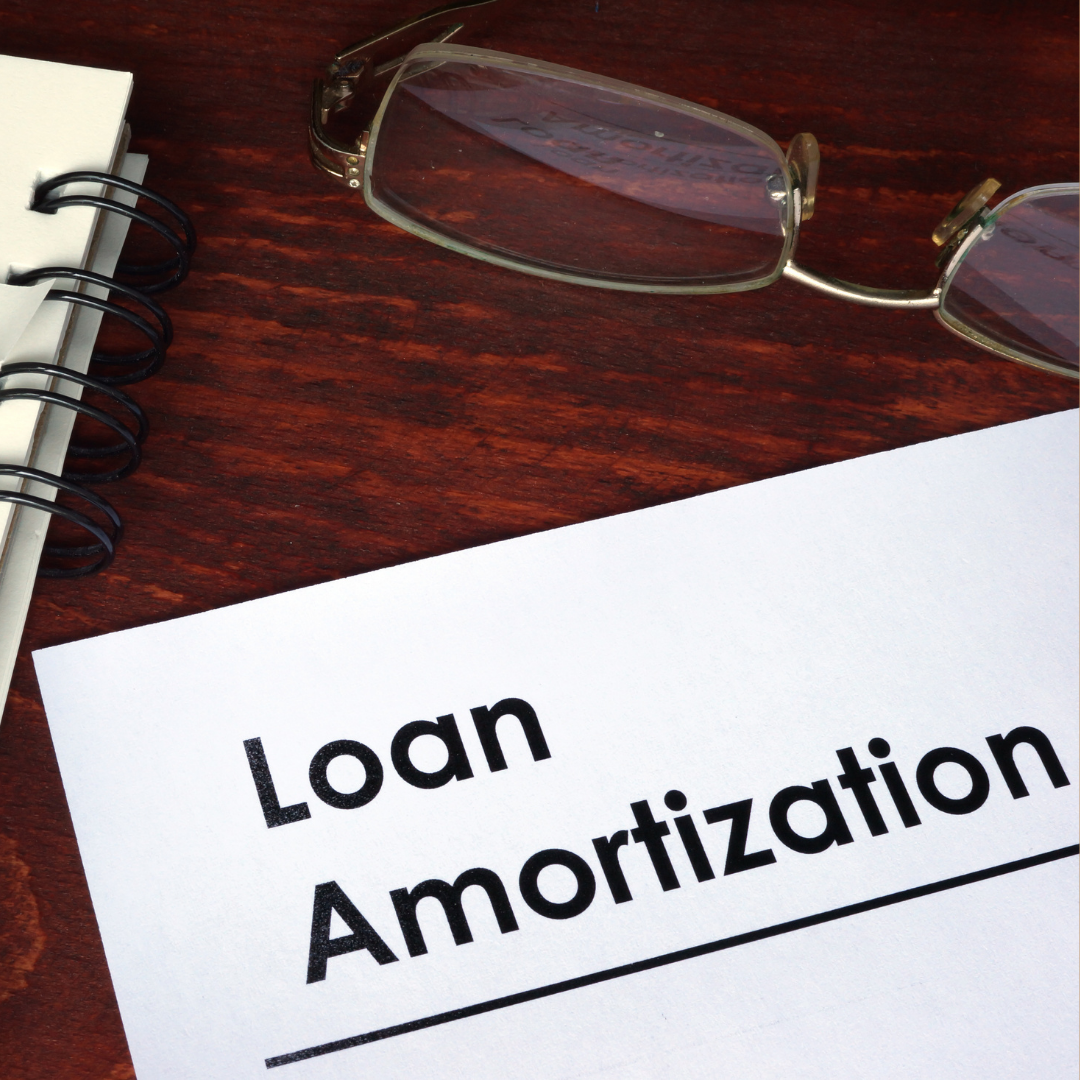 Applying for a home loan might not be the most exciting part of purchasing a home; however, many homeowners need to go through a lender to purchase a home. It is exciting to hear that the approval letter has gone through; however, it is also possible for someone to see that they have been approved with conditions. What does this mean?
Applying for a home loan might not be the most exciting part of purchasing a home; however, many homeowners need to go through a lender to purchase a home. It is exciting to hear that the approval letter has gone through; however, it is also possible for someone to see that they have been approved with conditions. What does this mean?
What are some of the most common reasons why someone might have conditions?
It Could Just Be Standard Procedure
Sometimes, people see that they have conditions to meet as a simple part of the approval process. For example, someone might be missing standard paperwork. It is the job of the underwriter to make sure that the lender is not taking on too much risk. Usually, this simply means that the loan requires some additional paperwork to be made final. Applicants need to gather this paperwork as fast as possible so the loan continues through the process. If there is a seller waiting, it is critical to jump on this immediately to prevent the offer from falling through.
What Are The Most Common Conditions?
There are several conditions that people might have to meet in order to finalize the loan approval process. For example, some people may need to provide letters of explanation, documenting anything that could be related to questions in the file. In other situations, a large deposit could require a letter of explanation as well. That way, the lender knows that someone has not taken a cash advance or opened another line of credit to cover the down payment. In other situations, proof of employment could also be listed as a condition of approval. Lenders want to make sure that applicants are going to keep their job after they purchase the house. Finally, earnest money proof could also be required. This is simply a copy of the earnest money check itself. It is critical for applicants to provide this paperwork quickly in order to finalize process.
Try To Meet All Requested Conditions As Quickly As Possible
It can be frustrating to see that a loan has been approved with conditions. Fortunately, a lot of these conditions are relatively easy to meet. Homeowners that are requested to provide proof to finalize the application process should try to do this as quickly as possible.
 When spring arrives, many people want to spend more time outdoors enjoying the fresh air and warmer temperatures. While you could lounge in a chair with a good book, you may find it more enjoyable to plant your own vegetable garden. This is an on-going project that will require you to spend time outdoors regularly, and it can be quite enjoyable to watch the fruits of your labor spring to life. More than that, you may love to sample and even share the tasty treats that you have grown on your own. If you are ready to get started planning and planting your vegetable garden, follow these preliminary steps.
When spring arrives, many people want to spend more time outdoors enjoying the fresh air and warmer temperatures. While you could lounge in a chair with a good book, you may find it more enjoyable to plant your own vegetable garden. This is an on-going project that will require you to spend time outdoors regularly, and it can be quite enjoyable to watch the fruits of your labor spring to life. More than that, you may love to sample and even share the tasty treats that you have grown on your own. If you are ready to get started planning and planting your vegetable garden, follow these preliminary steps. Last week’s economic reports included readings on home prices, pending home sales, and construction spending. Data on public and private-sector employment and the national unemployment rate were published along with weekly readings on mortgage rates and jobless claims.
Last week’s economic reports included readings on home prices, pending home sales, and construction spending. Data on public and private-sector employment and the national unemployment rate were published along with weekly readings on mortgage rates and jobless claims.  When selling a home, it is rare for folks to see in bold big letters, “new carpet just installed”. However, on a practical level, replacing the carpet in a home just before selling can go a long way to helping the deal close.
When selling a home, it is rare for folks to see in bold big letters, “new carpet just installed”. However, on a practical level, replacing the carpet in a home just before selling can go a long way to helping the deal close. The S&P Case-Shiller National Home Price Index posted its highest gain in nearly 15 years with a year-over-year home price growth rate of 11.20 percent in January. The December 2020 National Home Price Index reported 10.40 percent home price growth. The S&P Case-Shiller 20-City Home Price Index reported 11.10 percent year-over-year growth with 19 of 20 cities reporting higher home prices. Cleveland, Ohio was the only city reporting no home price growth in January. Detroit, Michigan reported home price growth data for the first time in nearly a year.
The S&P Case-Shiller National Home Price Index posted its highest gain in nearly 15 years with a year-over-year home price growth rate of 11.20 percent in January. The December 2020 National Home Price Index reported 10.40 percent home price growth. The S&P Case-Shiller 20-City Home Price Index reported 11.10 percent year-over-year growth with 19 of 20 cities reporting higher home prices. Cleveland, Ohio was the only city reporting no home price growth in January. Detroit, Michigan reported home price growth data for the first time in nearly a year. Even the most aesthetically pleasing homes can have mold issues. A type of fungus that thrives on moisture, mold can trigger symptoms such as itching eyes, asthma attacks and bouts of sneezing or coughing.
Even the most aesthetically pleasing homes can have mold issues. A type of fungus that thrives on moisture, mold can trigger symptoms such as itching eyes, asthma attacks and bouts of sneezing or coughing. There are few things that can be more stressful than buying or selling a home. When you are buying and selling a home at the same time, your stress level may understandably skyrocket through the roof. There may be financial aspects of both transactions that may be cause you stress, and you may be dealing with logistical issues or simply feel stressed by the stacks of documents piling up for both transactions. While this will inevitably be a challenging time in your life, you can more easily navigate through the transactions with success by following a few tips.
There are few things that can be more stressful than buying or selling a home. When you are buying and selling a home at the same time, your stress level may understandably skyrocket through the roof. There may be financial aspects of both transactions that may be cause you stress, and you may be dealing with logistical issues or simply feel stressed by the stacks of documents piling up for both transactions. While this will inevitably be a challenging time in your life, you can more easily navigate through the transactions with success by following a few tips. Last week’s economic news included readings on sales of new and previously-owned homes along with final March index readings on consumer sentiment. Weekly readings on mortgage rates and jobless claims were also released.
Last week’s economic news included readings on sales of new and previously-owned homes along with final March index readings on consumer sentiment. Weekly readings on mortgage rates and jobless claims were also released. Even though this may sound like a fancy word, amortization is simply a long word for a straightforward topic. Furthermore, it plays a significant role in the determination of monthly mortgage payments.
Even though this may sound like a fancy word, amortization is simply a long word for a straightforward topic. Furthermore, it plays a significant role in the determination of monthly mortgage payments. Relocating to a new area can be exciting, but it can also be expensive. There are many resources to help, but most cost money. However, if you take your time and plan carefully, you can reduce the expense so you don’t start your new life with new debt. Here are three tips to controlling your moving budget.
Relocating to a new area can be exciting, but it can also be expensive. There are many resources to help, but most cost money. However, if you take your time and plan carefully, you can reduce the expense so you don’t start your new life with new debt. Here are three tips to controlling your moving budget.